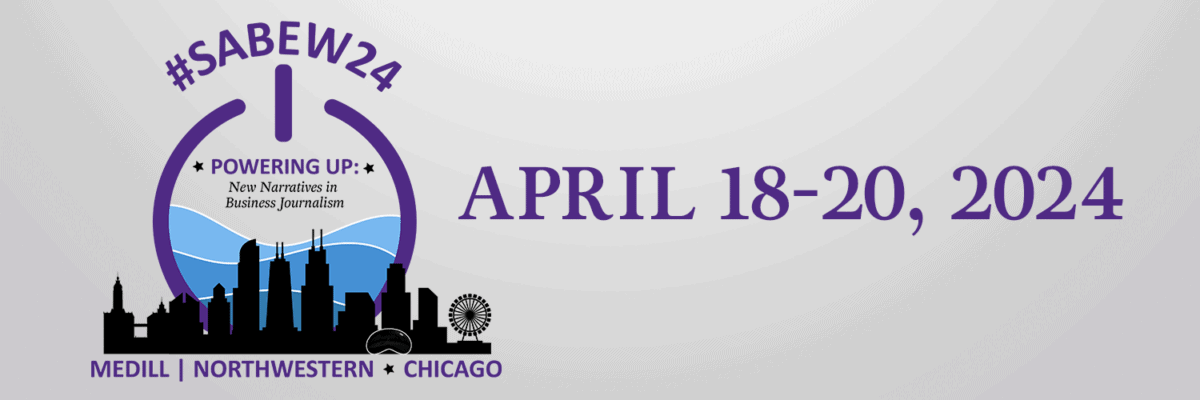By Sidhartha Wakade
Employers today expect job-seekers — including soon-to-be or recent college graduates — to have some level of practical experience in their chosen fields.
For many college students, this experience comes from part-time jobs, internships or work-study programs. Not all of these options provide pay, however.
For Sarah Lanier, a 20-year-old junior public relations major at the University of Georgia, an unpaid internship has been part of her course of study. Lanier had three internships, two of which were unpaid. In her case, the internships counted as part of her music business certificate.
“The internships are part of our grade,” she said. “It’s 10 percent, and we have to do a minimum of 72 hours each semester.”
She spends about three hours a week at her current internship designing social media pages and putting together media lists. While she would like to be paid, another part-time job is out of the question for Lanier. Most of her time outside of class is taken up by her course work and service sorority activities.
Lanier worked at the Georgia Hotel and Conference Center for four months in 2017, but has not looked for a part-time job since.
“I didn’t have any time when I was working,” she said. “I wouldn’t be able to do it now.”
Lanier’s situation is common. According to a UGA Career Center survey, 27 percent of student internships were unpaid.
Aaron Brown, a student employment manager at the UGA Career Center, said that while a majority of the internships offered to students are paid, certain fields are known for their use of unpaid positions.
“Typically there are certain industries that have unpaid internships: entertainment, media, journalism being some of the big ones,” he said.
Despite the lack of an hourly wage or a salary, Brown thinks students who are trying to find employment should not overlook unpaid internships.
“I definitely think an unpaid internship is worth it,” he said. “The advantage of having that internship is huge on your resume. The experience alone is great, and the connections that it allows you to have are very important.”
Some employers offer perks during the internship that can ease the financial burden, according to Brown. These include stipends or mileage reimbursement. Experiential learning offices in universities can also provide students with scholarships for unpaid experiential learning opportunities.
Lanier agreed and said her internship experience has been a positive one.
“It’s been pretty good,” she said. “All my bosses have been super nice, and I feel like I’ve definitely learned a lot. I would definitely say they were valuable experiences.”
Lanier is looking another internship for the summer, and payment is not a top priority for her.
“I would prefer paid, but I’m looking at unpaid too. Ideally I’m trying to get into anything music publicity, but that’s very difficult,” she said. “I feel like they are looking for that kind of experience before they hire you.”
Sidhartha Wakade is a journalism student at the University of Georgia.






